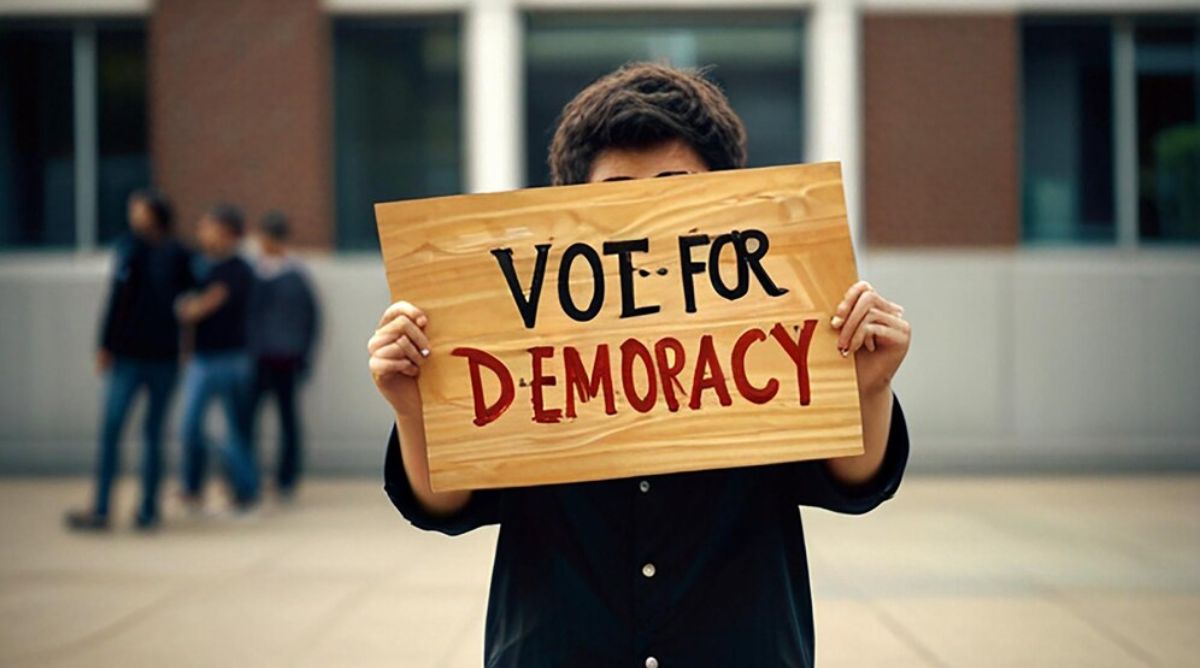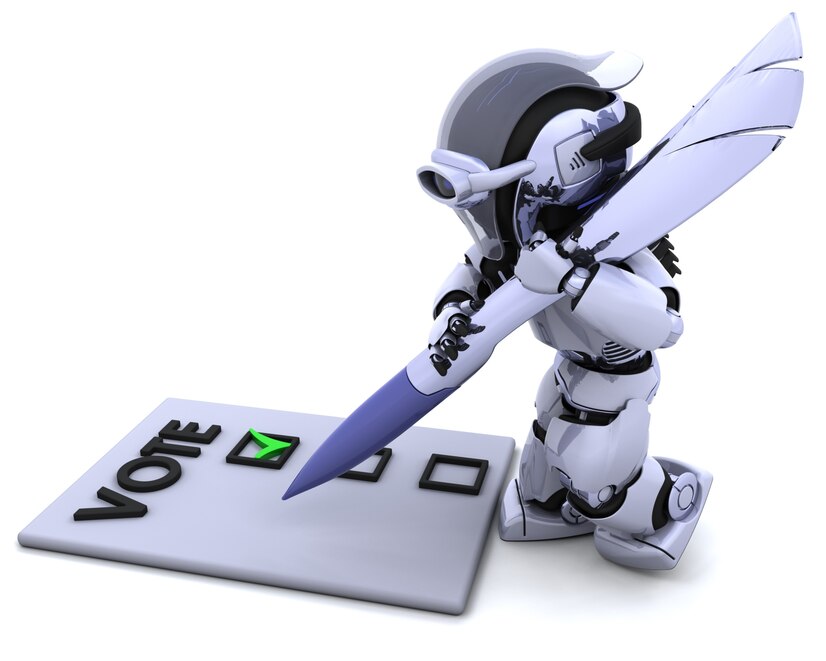Digital propaganda in election strategies is reshaping modern politics. Nine Nine News delves into how social media manipulation, targeted ads, and data-driven campaigns are influencing voter behavior across the globe.
Digital propaganda in election strategies is not just about spreading misinformation but also about shaping narratives. It plays a significant role in determining how candidates are perceived, helping them gain traction in tight races.
The Rise of Social Media in Election Campaigns
Social media platforms have become battlegrounds for political influence. Campaigns use algorithms and data analytics to target specific voters, making the content more personalized and impactful. This creates a more engaged and mobilized electorate.
The Role of Misinformation in Shaping Votes
Misinformation has become a key tool in digital propaganda. False narratives are spread rapidly through social media, often targeting specific demographics to sway their votes. This raises concerns about the integrity of the democratic process.
Microtargeting Voters with Precision
Microtargeting allows campaigns to tailor their messages to individuals based on personal data. With this technology, political candidates can send highly specific content that resonates with voters’ values, fears, and desires, effectively influencing their choices.
Digital Ads: A Double-Edged Sword
Paid digital ads have become an essential part of election strategies. While they can be a powerful tool for reaching voters, they also come with the risk of manipulation. Their ability to spread targeted, often misleading content has raised ethical concerns.
Impact of Fake News on Election Integrity
Fake news has a direct impact on election outcomes. The speed at which fake stories can go viral on social media platforms means they can change public opinion within hours, influencing voters’ decisions in critical moments of the election cycle.
Regulatory Measures and Their Effectiveness
Governments and organizations are working to regulate digital propaganda and curb its harmful effects. However, these measures often lag behind technological advances, making it challenging to prevent manipulation in election campaigns.
FAQs:
Q1.How does digital propaganda affect election results?
A:Digital propaganda can influence election results by shaping voter perceptions, spreading misinformation, and manipulating public opinion through targeted ads and content.
Q2.What is microtargeting in election campaigns?
A:Microtargeting is the use of personal data to send tailored political messages to specific voters, increasing the likelihood of influencing their decisions.
Q3.How can social media be used for political manipulation?
A:Social media is used to spread misinformation, create echo chambers, and microtarget voters with tailored political content, influencing their perceptions and votes.
Q4.What role does fake news play in elections?
A:Fake news can distort public opinion by spreading false or misleading information, leading voters to make decisions based on inaccurate or biased content.
Q5.Are there any regulations for digital propaganda?
A:Governments are introducing regulations to limit digital propaganda, but these laws often struggle to keep up with rapidly evolving technology and tactics used in elections.
Conclusion:
Digital propaganda in election strategies is a growing concern that challenges the integrity of democratic processes. The impact of misinformation, social media manipulation, and targeted ads can deeply affect voter choices, making it crucial for governments to address this issue effectively.




